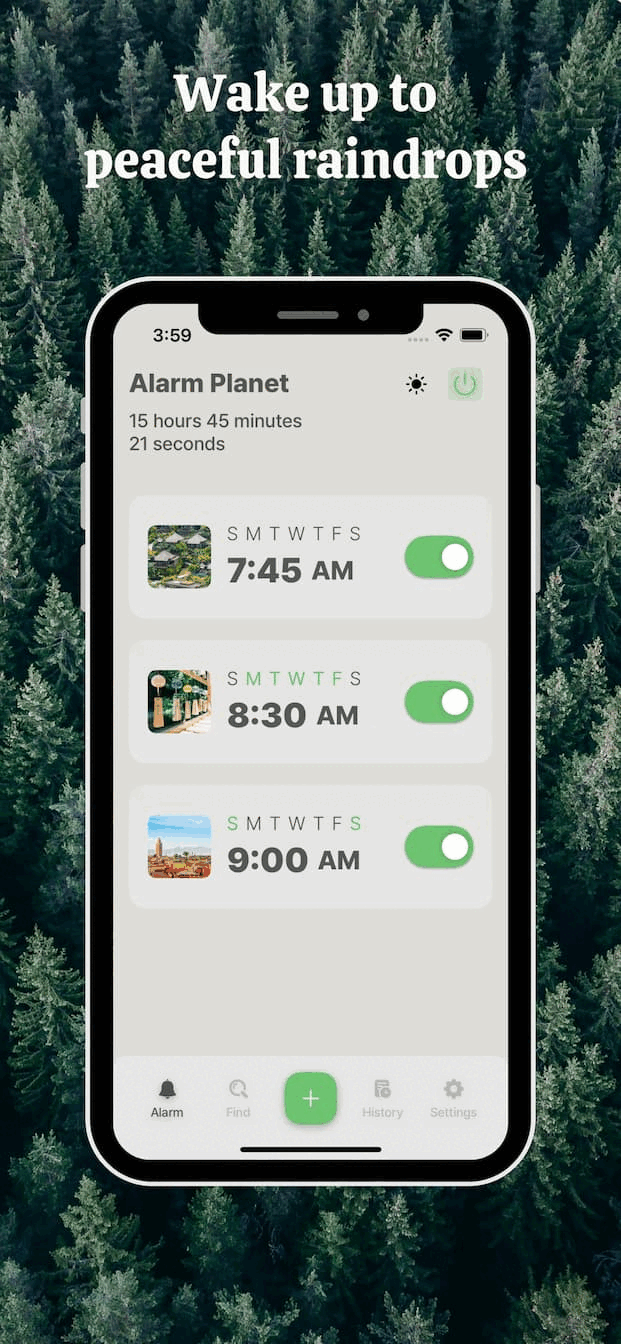 Shane
ShaneWhy Sleep Matters and How Vitamins Play a Role
If you’ve ever tossed and turned all night, you already know how important good sleep is. A restful night helps fuel your mood, energy level, and even your overall health. But what if you’re doing all the right things—like turning off screens early, avoiding caffeine late in the day, and keeping your bedroom cool—and still can’t sleep? The missing piece might be hiding in your vitamin cabinet.
Our bodies rely on a range of vitamins and minerals to carry out essential functions, including regulating sleep. While a supplement won’t replace a healthy lifestyle, certain vitamins may support better sleep when paired with good habits.
So, what are the best vitamins for sleep? Let’s explore the natural nutrients that could help you drift off faster and wake up feeling more refreshed.

Top Vitamins That Support Better Sleep
If you’re looking to support better sleep naturally, these vitamins may give your body the boost it needs:
1. Vitamin D
Vitamin D, often called the “sunshine vitamin,” plays multiple roles in your body. One of them? Helping regulate your circadian rhythm—the internal clock that tells your body when to sleep and wake.
Research shows that low levels of vitamin D may be linked to poorer sleep quality and shorter sleep duration. Sun exposure is a natural source of vitamin D, but if you live in a region with limited sunlight or spend most of your time indoors, a supplement may help.
2. Vitamin B6
Vitamin B6 helps your body produce serotonin and melatonin—hormones essential for mood regulation and sleep. A deficiency in B6 might make it harder for your body to settle down at bedtime.
Some people find that boosting their B6 intake improves dream recall or even dream vividness, which can be a sign your sleep cycles are returning to normal.
3. Magnesium
Although technically a mineral, magnesium earns its spot on this list for its powerful calming effects on the nervous system. It helps your muscles relax, eases stress, and promotes deeper sleep.
Some good dietary sources include:
- Leafy green vegetables
- Almonds
- Bananas
- Dark chocolate
For people deficient in magnesium, a supplement can make a noticeable difference in how quickly they fall asleep—and how well they stay asleep.
4. Vitamin C
You may already know vitamin C as an immunity booster, but did you know it can also help improve the quality and duration of your sleep?
Because it helps reduce inflammation and combat oxidative stress, vitamin C may indirectly support healthy sleep patterns, especially in people experiencing stress or poor health.

Photo courtesy of Pexels.com
How Deficiencies Affect Your Sleep Quality
Sometimes, we take sleep for granted until it becomes a struggle. Vitamin deficiencies may be part of the problem even if you’re eating well. Lack of key nutrients can interfere with your brain’s ability to regulate sleep-wake cycles.
Here’s how deficiencies in certain vitamins might negatively impact your rest:
- Vitamin D: Can lead to insomnia, restless sleep, and increased risk of sleep disorders.
- B vitamins: Can cause mood swings, stress, and restlessness, all of which affect sleep.
- Magnesium: May make it difficult to fall asleep due to increased anxiety.
- Vitamin C: Can compromise immune function and raise inflammation, indirectly impacting sleep.
Think of your body as a finely tuned machine. Without the right fuel—in this case, nutrients—your internal systems start misfiring. The result? Trouble falling asleep, frequent waking, or plain old poor-quality rest.
Who Might Benefit from Sleep-Supporting Vitamins?
Not everyone needs supplements, but certain groups are more prone to deficiencies:
- People who don’t get enough sun exposure
- Vegetarians or vegans (especially for B12)
- Older adults
- Individuals with chronic stress or illness
- People with poor diets or restrictive eating habits
If you fall into any of these categories, talking to your doctor about adding sleep-supporting vitamins to your routine might be worth it.

Photo courtesy of Pexels.com
Tips for Choosing and Using Vitamin Supplements Wisely
It’s tempting to hit the pharmacy and grab a vitamin bottle after hearing how helpful these nutrients can be. But not all supplements are created equal. Here are a few tips to keep in mind:
- Opt for third-party tested brands to ensure product quality.
- Stick to recommended doses. Mega-dosing can do more harm than good.
- Check for added ingredients that might cause allergies or reactions.
- Take them consistently. Vitamins often work best when taken daily over time.
Fun fact: Some vitamins, like D and magnesium, are better absorbed when taken with food or earlier in the day. Mixing them with your morning routine might be just the thing to help regulate your nights.
Final Thoughts: Sleep Smarter, Not Harder
You don’t have to rely on sleeping pills or white noise machines alone to improve your sleep. Sometimes, your body just needs an extra push from the right nutrients. By focusing on vitamins such as vitamin D, B6, magnesium, and vitamin C, you might find a natural way to rest easier each night.
That said, supplements aren’t magic. They work best when combined with healthy sleep hygiene habits, like keeping to a regular bedtime, limiting screen time before sleeping, and creating a calming nighttime routine.
So next time you find yourself staring at the ceiling in the middle of the night, consider whether your body’s missing a vital building block of good sleep. Sometimes, the solution is as simple as a little sunshine or a daily supplement.
Sweet dreams!
You can learn more about natural sleep aids and how to build a bedtime routine that works by visiting trusted sites like the Sleep Foundation or Mayo Clinic.













